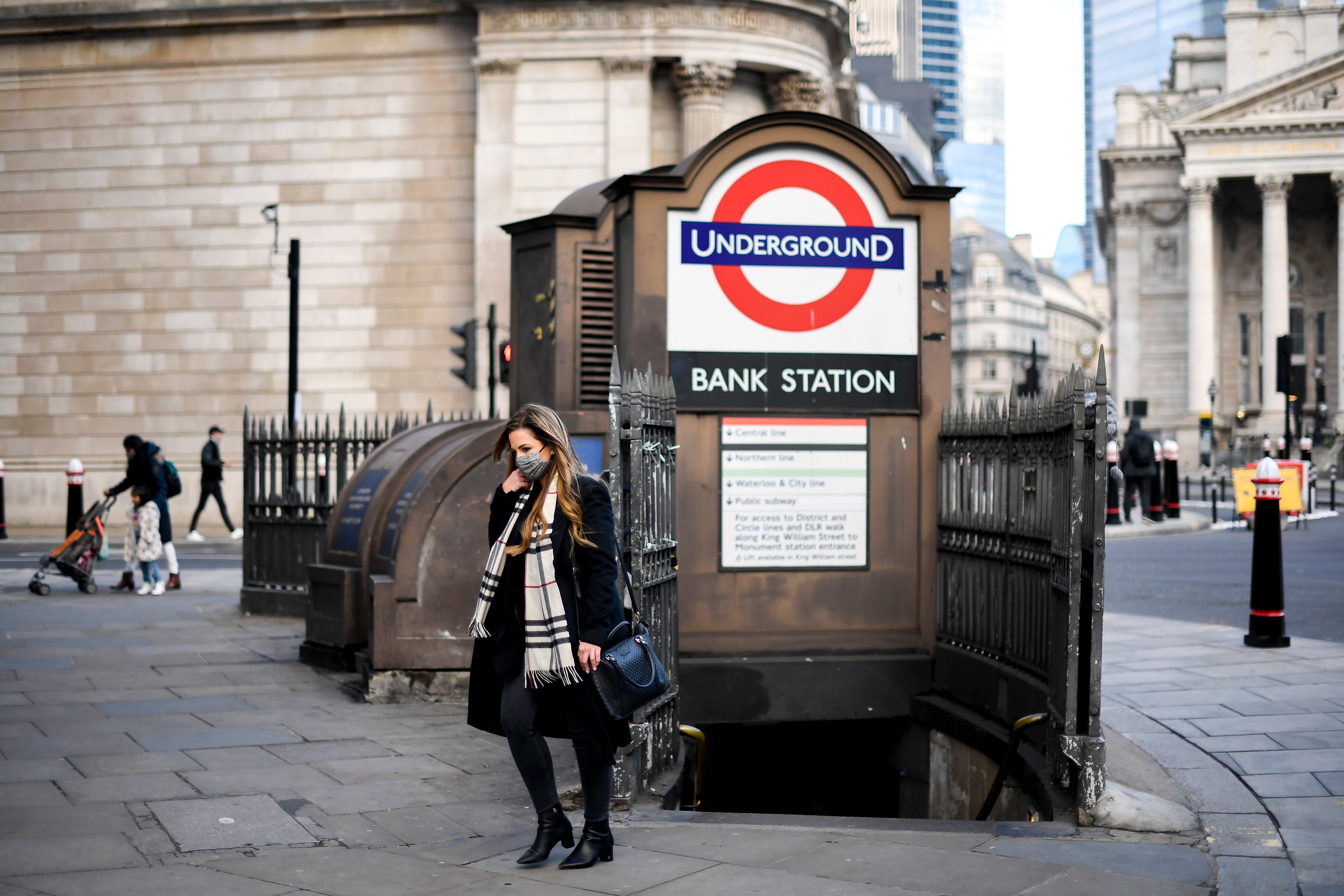Bank of England holds fire as it awaits Brexit developments
The Bank of England has kept interest rates on hold and opted against injecting another dose of stimulus into the British economy as it waits to hear whether a post-Brexit trade between the U.K. and the European Union is agreed in time for the new year

Your support helps us to tell the story
From reproductive rights to climate change to Big Tech, The Independent is on the ground when the story is developing. Whether it's investigating the financials of Elon Musk's pro-Trump PAC or producing our latest documentary, 'The A Word', which shines a light on the American women fighting for reproductive rights, we know how important it is to parse out the facts from the messaging.
At such a critical moment in US history, we need reporters on the ground. Your donation allows us to keep sending journalists to speak to both sides of the story.
The Independent is trusted by Americans across the entire political spectrum. And unlike many other quality news outlets, we choose not to lock Americans out of our reporting and analysis with paywalls. We believe quality journalism should be available to everyone, paid for by those who can afford it.
Your support makes all the difference.The Bank of England has kept interest rates on hold and opted against injecting another dose of stimulus into the British economy as it waits to hear whether a post-Brexit trade between the U.K. and the European Union is agreed in time for the new year.
In a statement released Thursday, it said the nine rate-setters on the Monetary Policy Committee voted unanimously to keep the bank's main interest rate at the record low of 0.1% and to maintain the monetary stimulus already in place.
It said the main news since it boosted its bond-buying program in November has been the successful trialling of coronavirus vaccines and the rollout in the U.K. of the one developed by America's Pfizer and German biotechnology firm BioNTech. Financial markets and some business and consumer surveys have been buoyed by the developments
“This is likely to reduce the downside risks to the economic outlook from COVID,” the committee said.
However, the committee warned that recent global activity has been affected by the increase in cases and the associated re-imposition of restrictions. U.K. growth is set to be weaker than anticipated in November.
The British economy is expected to end this year around 12% smaller than it started as a result of the pandemic and the restrictions on business activity and public life. That would be its deepest recession in three centuries.
The committee said the outlook for the economy remains “unusually uncertain” and “depends on the evolution of the pandemic and measures taken to protect public health, as well as the nature of, and transition to, the new trading arrangements between the European Union and the United Kingdom.”
It also said it stands ready to do more if inflation remains way below target. Currently, the U.K.'s annual inflation rate stands at just 0.3%, way below the bank's target of 2%.
The committee said it “does not intend to tighten monetary policy at least until there is clear evidence that significant progress is being made in eliminating spare capacity and achieving the 2% inflation target sustainably.”